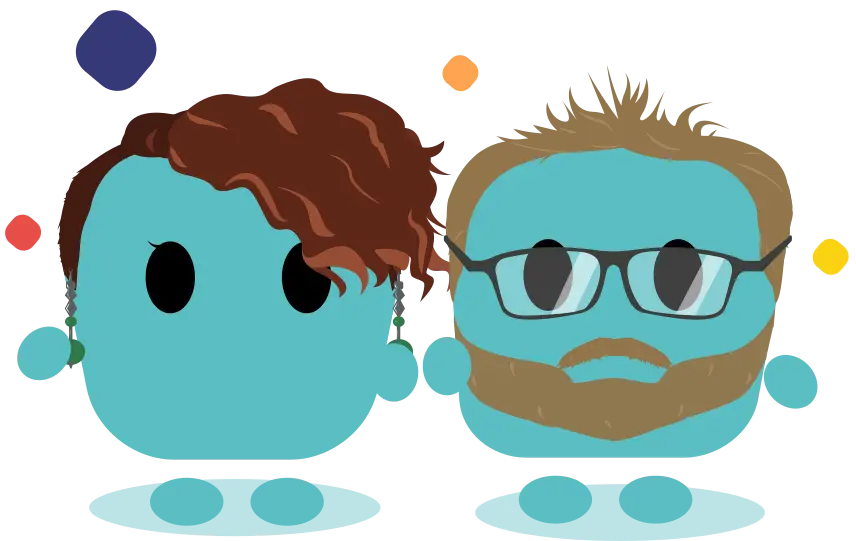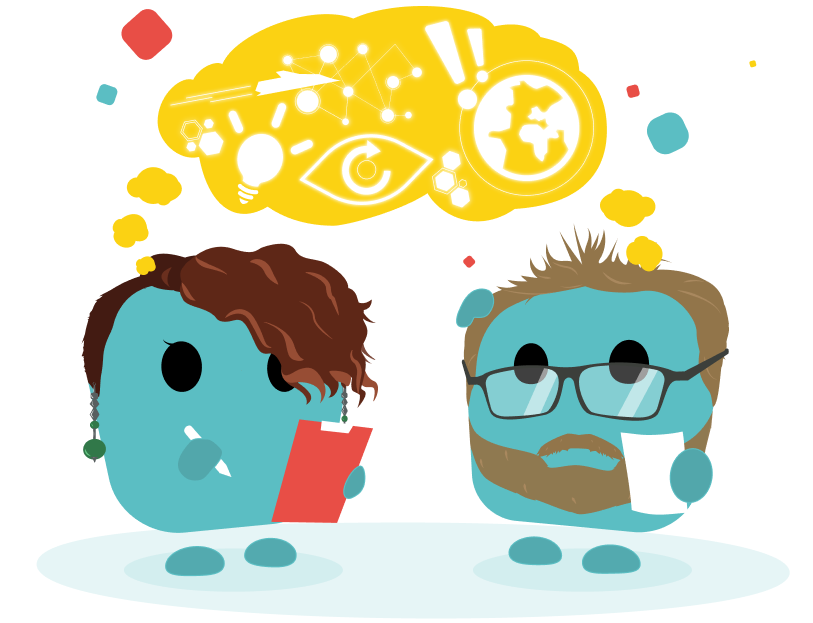- Project
- Completed
Play and the environment: games imagining the future

Chloé Germaine et Paul Wake Game Science Reader and Professor
Chloé Germaine is a Reader at the English Department of Manchester Metropolitan University, specializing in the study of analog games. She is also a member of the Manchester Centre for Youth Studies, an interdisciplinary research group specializing in participatory research with young people, and co-director of the Manchester Games Centre.
Paul Wake is a Professor at the Department of English, Manchester Metropolitan University, and a specialist in the study of analog games. He is the founder and co-director of the Manchester Game Centre.
-
Project start date :
2021/10/04 -
Status :
Completed -
Research organization :
Manchester Metropolitan University -
Team :
Dr. Benjamin Bowman (Manchester Metropolitan University)
In 2021, Game in Lab selected the research project proposed by Dr Chloé Germaine and Prof. Paul Wake to study how board games can help young people understand and discuss the challenges of the climate crisis. This research helped finance and launch a broader Horizon Europe project, STRATEGIES, on the ecological transition of the gaming industries in Europe.
Project overview
Young people bear responses to the climate crisis and draw attention to the changes needed for an ecological transition all around the world. At the same time, board game designers use their games to share knowledge about climate change and engage discussions about social responsibility in this area. This project aims to study how board games can help young people understand the climate crisis. The objective is to evaluate games as a tool for exploring and sharing ideas about the climate crisis, and define how games can mobilize young people to take individual or collective action. This research argues that board games can help young people in their action on the climate crisis, and that the expertise of young people can contribute to a better use and design of games as a vector of social change.

Methodology
Two cross-participatory methods are used:
- The YPAR (Youth-led Participatory Action Research) method offers a democratized and empowering approach to research, and enables young people to actively participate in social change.
- The “hacking” method is used to study board games by modifying their rules, mechanisms and stories, thus exploring all their potentials.
Outcomes
The board game hacking method encourages young people to think about the climate future, express their concerns, and explore their feelings of powerlessness. Environment-themed game mechanics often simulate destructive and acquisition behaviors, which can lead to a “dark” style of play but trigger reflection on the causes and consequences of climate change.